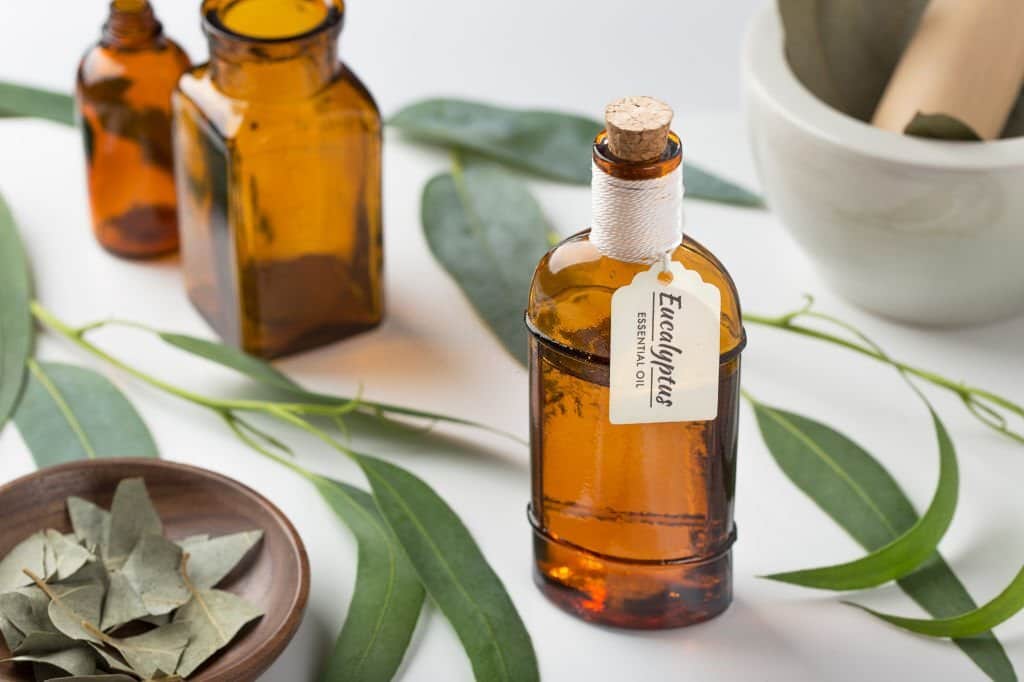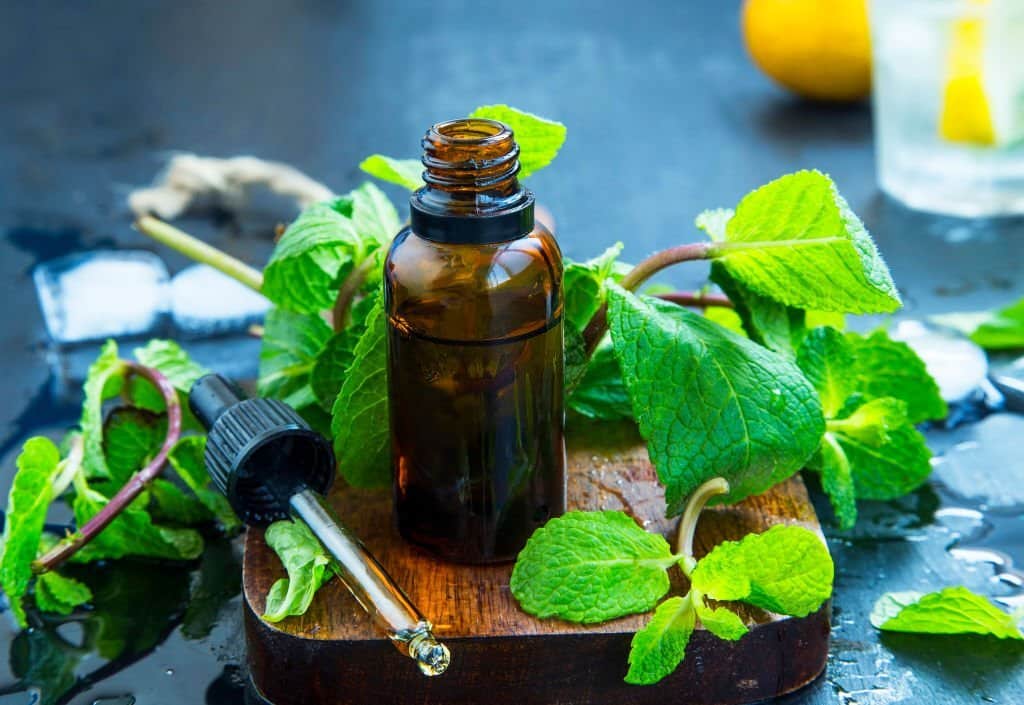Essential oils for sinus infection
Sinus infections are a common problem, especially during the winter months. They can be caused by various things, including allergies, colds, and even the flu. While many over-the-counter medications can help relieve sinus infection symptoms, they don’t always work for everyone. That’s where essential oils come in.
Essential oils are a natural way to treat sinus infections and can be just as effective as over-the-counter medications. In fact, some people find that they work even better than traditional medications. Many different essential oils can be used to treat a sinus infection. Some of the most popular include eucalyptus, Lavender, peppermint, and tea tree oil. All of these oils have different properties that can help to relieve the symptoms of a sinus infection.
If you’re looking for a natural way to treat your sinus infection, essential oils are a great option. They’re safe to use, effective and can be found at most health food stores. Check out this list of the best essential oils for treating sinus infections, and start feeling better today.
1. Eucalyptus Essential Oil


Eucalyptus essential oil is the first and most popular sinus infection treatment. It has a menthol-like smell that helps to open up the sinuses and relieve congestion. This oil also has antibacterial, anti-inflammatory, and antiseptic properties, making it a great choice for treating sinus infections.
Sinus infections can be treated with eucalyptus essential oil in a few different ways. One of the most popular ways to use eucalyptus oil for sinus infections is to inhale it. You can do this by adding a few drops of eucalyptus oil to a bowl of hot water and inhaling the steam. This will help to clear your sinuses and relieve the symptoms of a sinus infection.
Another way
Another way to use eucalyptus oil for sinus infections is to add it to a bath. Add about five drops of eucalyptus oil to a bathtub full of hot water and soak in it for about 20 minutes. This will help to loosen mucus, clear your sinuses, and relieve sinus infection symptoms. You can also place a few drops of oil on a cotton ball on your nose.
It’s also important to drink plenty of fluids when using eucalyptus essential oil for sinus infection treatment, as it can help to thin the mucus and drainage.
Eucalyptus essential oil is safe to use, it’s effective, and it can be found at most health food stores. Give it a try and see how it works for you.
Also Read: 7 Best Essential Oils for Skin Tightening, Wrinkle, Blemishes
2. Lavender Essential Oil


The second most popular essential oil for sinus infections is lavender essential oil. Lavender oil is known for its calming properties and can help to soothe the irritated mucous membranes in the sinus cavity. It has a variety of properties that can help to relieve the symptoms of a sinus infection. The lavender essential oil is a great option if you’re looking for a safe, natural way to treat your sinus infection. It’s effective, affordable, and easy to find. It also has a calming effect that can help to relieve the stress and tension that often accompanies a sinus infection.
There are many ways to use Lavender essential oil for sinus infections.
Here are a few of the best:
- Inhale the essential oil directly from the bottle to help clear your sinuses.
- Add a few drops of Lavender essential oil to a water bowl and inhale the steam.
- Add a few drops of lavender essential oil to a diffuser and inhale the vapors. This will help to clear up your sinuses and relieve the symptoms of a sinus infection.
- Add a few drops of lavender essential oil to a steam bath and breathe in the steam. This will help to loosen mucus and relieve congestion.
- Massage a few drops of lavender essential oil into your temples and forehead. This will help to reduce inflammation and relieve pain.
Experiment with different methods to find the one that works best for you. Start feeling better today with lavender essential oil.
3. Peppermint Essential Oil


Peppermint oil has a number of benefits for your health, one of which is its ability to treat sinus infections. lt works by inhibiting the growth of bacteria, and it also has anti-inflammatory properties. This means that it can help reduce the swelling and inflammation often associated with sinus infections. Peppermint oil can also help to loosen mucus, making it easier to expel from your body.
To use Peppermint oil for sinus infection:
Add a few drops of Peppermint essential oil to a diffuser or humidifier and inhale the vapors for relief from sinus congestion.
- Mix Peppermint oil with a carrier oil and massage it on your chest and sinuses for additional relief.
- Inhale Peppermint oil directly from the bottle or add a few drops to a cloth and inhale.
- Apply a drop or two of Peppermint oil diluted with a carrier oil to your temples, forehead, and behind your ears to help relieve pressure and pain.
- You can also add a few drops of Peppermint essential oil to a bowl of hot water, place a towel over your head, and inhale the steam.
Peppermint essential oil is a safe, effective way to treat a sinus infection. If you’re using peppermint oil topically, do a patch test first to ensure you’re not allergic. You should also avoid using peppermint oil if you have sensitive skin.
Peppermint oil is a potent remedy and should be used sparingly. If you experience any negative side effects, such as burning or irritation, discontinue use immediately.
4. Tea tree oil


Tea tree oil is another effective natural remedy for sinus infections. It has antibacterial, antifungal, and expectorant properties that help clear the sinuses and kill the infection-causing bacteria. Tea tree oil also helps to reduce inflammation and congestion.
To use tea tree oil for sinus infection:
- Mix 2-3 drops of tea tree oil with one teaspoon of olive or coconut oil.
- Apply the mixture to your forehead and temples and massage gently.
- Leave it on for 5-10 minutes, and then rinse off with warm water.
- Repeat this several times a day. You can also apply diluted tee tree oil to the sinus area with a cotton swab.
- Repeat this treatment several times a day until your symptoms improve. You can also add tee tree oil to a warm bath and inhale the vapors while you soak. This will help to open up the sinuses and promote drainage.
However, it should be used with caution as it can cause skin irritation in some people. If you experience any side effects, stop using it immediately and consult your doctor.
Are these essential oils safe for children?
Lavender essential oil and peppermint essential oil are both safe for children when used in diluted form. But tea tree oil should not be used on children under the age of 2.
When using essential oils on children, dilute them properly and never apply them directly to their skin. It’s also important to only use high-quality essential oils that are free from chemicals and other harmful toxins.
If you’re unsure about whether or not an essential oil is safe for your baby, consult your pediatrician.
What are the fastest ways to get rid of a sinus infection?
But there are some things you can do to try to speed up the recovery process. These include:
- Drinking plenty of fluids
- Taking over-the-counter medications, such as ibuprofen or acetaminophen, to help relieve pain and inflammation
- Resting and staying in a moist environment, such as in a steamy bathroom, to help loosen mucus and ease congestion
- Use a saline nasal spray or neti pot to rinse out your sinuses and clear away mucus.
- Applying a warm, wet compress to your face several times a day to help reduce pain and inflammation
- Drinking hot liquids, such as tea or soup, to help open up your sinuses and ease congestion
- Avoiding dairy products, which can increase mucus production
- Avoiding cigarette smoke and other irritants that can aggravate your sinuses
- Take a warm bath with essential oils, such as eucalyptus or peppermint oil, to help open up your sinuses and ease congestion.
If your symptoms don’t improve after a week or if they get worse, be sure to see your doctor. You may need a course of antibiotics to clear the infection.
Some antibiotics for sinus infection are penicillin, erythromycin, or cephalosporins. These will help clear the infection and promote healing.
Conclusion:
With proper care and these essential oils, most sinus infections will clear up on their own within a few weeks. However, some may linger for months or even longer. If your sinus infection lasts more than a few weeks, it’s important to see your doctor get the proper treatment. Sinus infections that don’t go away or keep coming back may require antibiotics or other treatment. In rare cases, surgery may be needed to open blocked sinuses.
FAQs
A: Essential oils like eucalyptus, peppermint and tea tree can help clear the nasal passages and provide relief from congestion. These oils can be diffused or applied topically (diluted in a carrier oil) to the forehead, temples, bridge of the nose and along the cheekbones to help open up airways and promote healing.
A: To use essential oils for a sinus infection, you should dilute them in a carrier oil such as jojoba oil or sweet almond oil before applying directly to your skin. You may also diffuse the essential oil blend of your choice in a diffuser to help clear the nasal passages and open up airways.
A: A good blend to use for sinus infection is eucalyptus, peppermint, tea tree, lavender, lemon and rosemary. You can mix these oils together in a small bowl or bottle and then add a few drops of the blend into your diffuser or onto a cotton ball that you can use as an inhaler.
A: To get the most benefit from using essential oils for Sinus Infection relief, it is recommended to diffuse the oil blend for 15-30 minutes, 2-3 times a day. You can also apply the diluted oil blend topically to your skin as needed.

